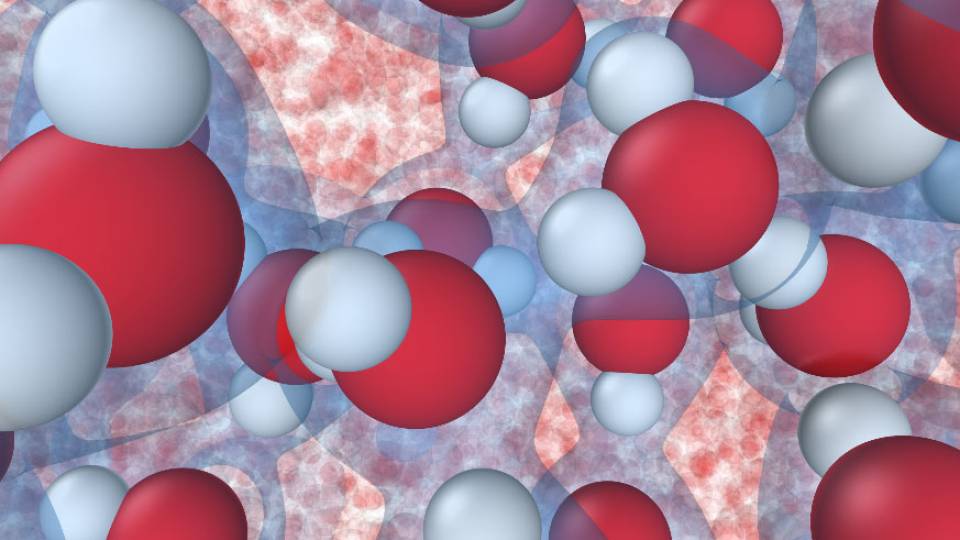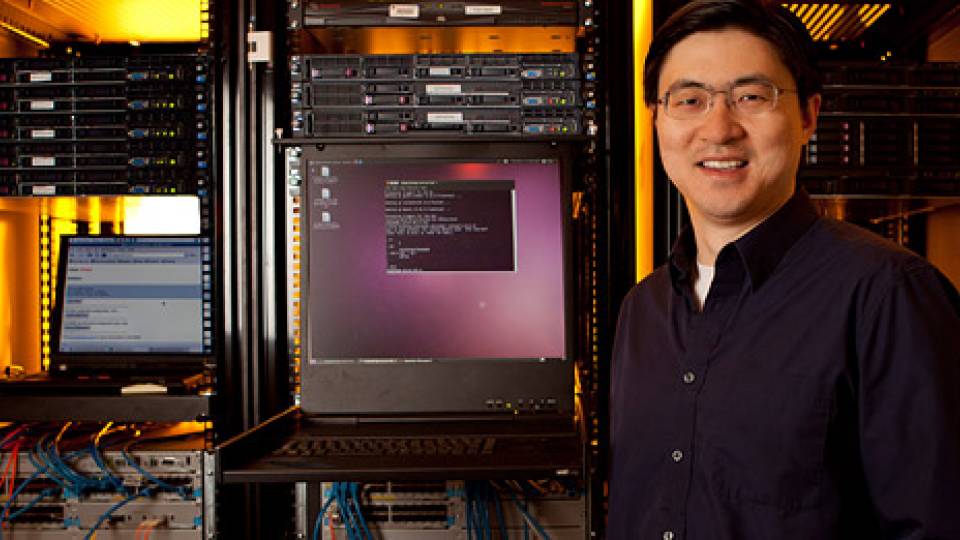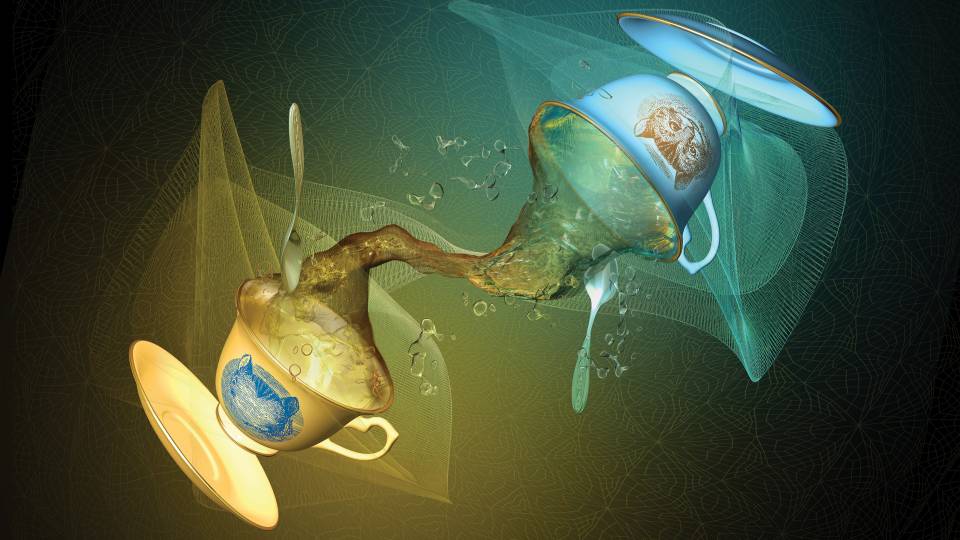Alireza Shabani, a postdoctoral research associate in chemistry at Princeton University, and an international team of scientists have removed a major obstacle in the quest to engineer quantum systems that will play a major role in the computers, communication networks and biomedical devices of the future. Through a method known as "compressive sensing," the researchers say they could drastically simplify the measurement of quantum systems. Their results were published in the March 7 online edition of Physical Review Letters.
Shabani and co-authors of the paper describe their research as follows:
"In the rapidly advancing world of modern technology, where the phones that we now carry in our pockets far surpass the processing power of the 1980s supercomputers, the process of relentless miniaturization means we are fast approaching the point where quantum effects will dominate our everyday life.
"Imagine that you're building a car but you can't test-drive it. This is the situation that quantum engineers are facing at the moment. A crucial problem is that it is extremely difficult to characterize quantum systems: The number of measurements needed blows up exponentially with the number of quantum parts. For example, an eight-bit quantum computer would require over a billion measurements. We have now found a way to test quantum devices efficiently, which will help transform them from small-scale laboratory experiments to real-world applications.
"Our theory team, comprising researchers from Princeton University, SC Solutions, and MIT, adapted techniques from 'compressive sensing,' a hugely successful mathematical data compression method, and for the first time, has applied it to experimental quantum research. Audio signals, for example, have natural patterns that can be compressed to vastly smaller size without a significant quality loss. This means we now store in a single CD what used to take dozens. Another common example for data compression is a Sudoku puzzle: Only a few numbers will allow you to fill in the whole grid. For very similar underlying reasons, we can now estimate the behavior of a quantum device from just a few key parameters. Compressive sensing is the theory that allows us to drastically simplify the measurement of quantum systems.
"Our experimental team at the University of Queensland in Australia tested this compressive sensing algorithm on their photonic two- quantum bit computer and demonstrated that they could obtain high-fidelity estimates from a massively reduced number of measurement configurations: as few as 18, compared to the 240 normally required.
"We expect that our technique can be applied in a wide range of quantum architectures and arenas: from quantum-based computers, communication networks, metrology devices, and even to biotechnology."
The research team includes Shabani and Professor Herschel Rabitz from Princeton's Department of Chemistry; Robert Kosut from California-based SC Solutions Inc.; postdoctoral associate Masoud Mohseni from the Research Laboratory of Electronics at the Massachusetts Institute of Technology; and from the School of Mathematics and Physics at University of Queensland in Australia, doctoral student Matthew Broome, research fellow Marcelo de Almeida, research fellow Alessandro Fedrizzi and Professor Andrew White.
A copy of the research article is available upon request. Members of the media wishing to contact Shabani are encouraged to e-mail him at ashabani@princeton.edu.
Funding agencies supporting this work included the Defense Advanced Research Projects Agency, Australian Research Council and Intelligence Advanced Research Projects Activity.


